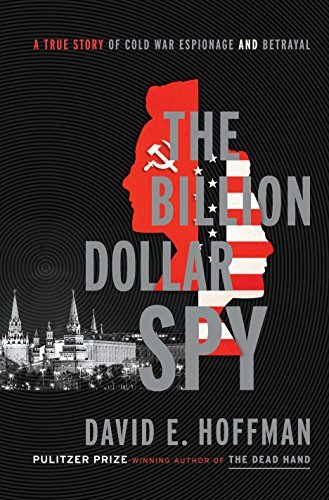
The Snowden Files: The Inside Story of the World's Most Wanted Man
Book Description
Caught between loyalty and morality, Edward Snowden became the unlikely whistleblower who exposed the NSA's darkest secrets. In a world where privacy is deemed obsolete, Harding unravels a gripping tale of espionage, surveillance, and the fight for freedom. As governments scramble to dismiss the revelations and silence the messenger, the stakes soar, placing Snowden in a life-or-death race against time. This is not just about data; it’s about the soul of democracy itself. How far would you go to uncover the truth in an era defined by deceit?
Quick Book Summary
"The Snowden Files" by Luke Harding provides a riveting account of how Edward Snowden, a relatively anonymous contractor for the NSA, became the most famous whistleblower of the 21st century. The book follows Snowden's journey from his upbringing and early technical career to the momentous decision to leak classified documents exposing the global scope of US government surveillance. Harding details the extent of the surveillance state, Snowden’s tense collaboration with journalists, and the dramatic international saga that ensued as Snowden evaded capture. Both a portrait of Snowden and a dissected map of mass spying, the book raises urgent questions about privacy, democracy, and government overreach in the digital age. Harding crafts a compelling narrative that forces readers to reconsider the balance between security and freedom.
Summary of Key Ideas
Table of Contents
Edward Snowden: From Patriot to Whistleblower
Edward Snowden, initially motivated by patriotism and a fascination with computers, built a career within the U.S. intelligence community, including jobs with the CIA and the NSA. Over time, his work exposed him to the vast and secretive surveillance programs conducted by the NSA and allied agencies. Snowden’s increasing moral concerns about the legality and ethics of mass surveillance led to a crisis of conscience. He came to believe the programs far exceeded their legal mandate and infringed on citizens’ fundamental rights, setting the stage for his fateful decision.
The Machinery of Global Surveillance
Driven by his ethical convictions, Snowden meticulously collected thousands of classified documents. He reached out to journalists Glenn Greenwald and Laura Poitras, entrusting them with the explosive revelations. The book details the clandestine meetings and logistical maneuvering required to authenticate, understand, and disseminate the information safely. Snowden’s disclosures detailed government programs such as PRISM and XKeyscore, revealing the unprecedented scale of data collection — including metadata and personal communications — worldwide, affecting both foreign and domestic targets.
Ethics, Law, and the Balance of Power
The government’s response was swift and severe. U.S. authorities condemned the leaks as treasonous, launching an international manhunt after Snowden fled to Hong Kong and subsequently to Moscow. Meanwhile, politicians and intelligence officials scrambled to minimize the revelations, while also working to close legal loopholes and hunt for whistleblowers. The disclosures ignited a global debate about the balance between security and privacy, exposing rifts between allied governments and raising accountability questions about democratic oversight.
Media, Public Opinion, and Government Response
The role of journalism is foregrounded in the unfolding narrative. Under intense pressure, The Guardian and other news outlets wrestled with collateral consequences, government pressure, and ethical dilemmas while publicizing the information. The book explores media strategies for safeguarding sources and information against increasingly sophisticated surveillance tactics, highlighting both the power and peril faced by journalists in the digital era.
The Human Cost of Truth-Telling
Snowden’s personal life was upended: forced into exile and isolated from family and friends, he became both a symbol and a scapegoat. The personal sacrifices endured by Snowden invite reflection on the costs and responsibility of whistleblowing in a world of expansive government secrecy. Ultimately, Harding’s account contends that Snowden’s leak wasn’t just the story of one man, but a seismic shift that compelled the public to confront the new boundaries of privacy, citizenship, and ethical governance in the digital age.
Download This Summary
Get a free PDF of this summary instantly — no email required.





